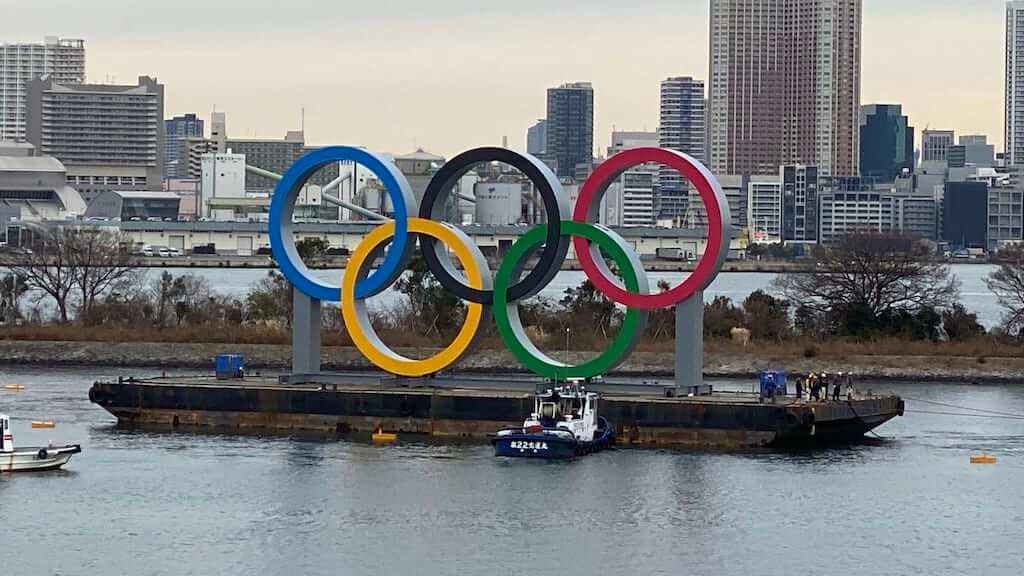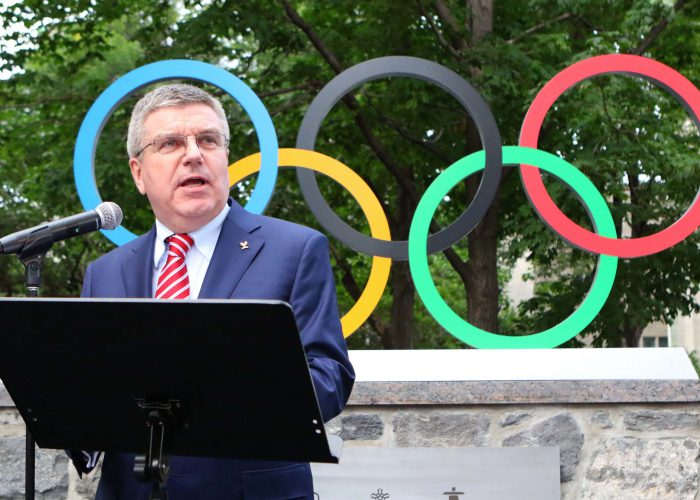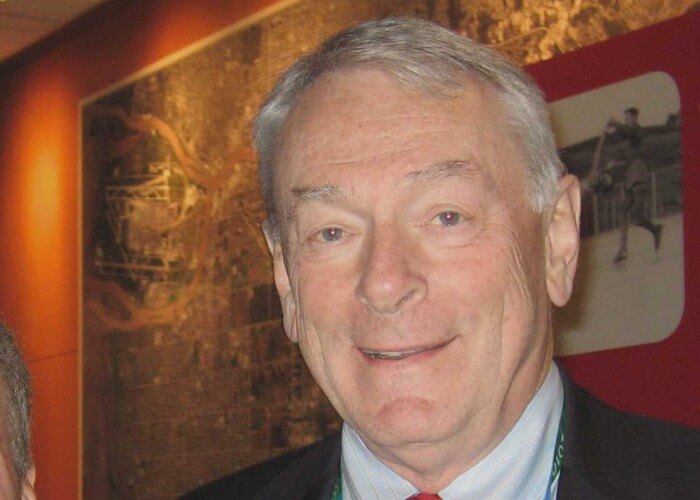IOC Remains Committed To Tokyo 2020 Despite State Of Emergency; Issues Statement On Vaccine

The International Olympic Committee has responded to the state of emergency declared in Tokyo by stating it has “full confidence” in the steps being taken and remains committed to the Olympics going ahead as scheduled in July.
So too did the IOC reiterate that vaccination is not mandatory in order for athletes to compete at the Olympics or Paralympics, a day after vice-president Dick Pound said the most realistic way of ensuring the Games would take place was to give them priority access.
Japan declared a state of emergency in the capital and three nearby areas on Thursday as coronavirus cases continue to surge with the Olympics due to start in a little over six months followed by the Paralympics.
Cases hit a daily record of 2,447 in Tokyo with prime minister Yoshihide Suga issuing the declaration which will run from Friday 8 January to 7 February.

Thomas Bach, IOC president – Photo Courtesy: Jean-Yves Ahern-USA TODAY Sports
It centres on restrictive measures as opposed to a lockdown seen in the likes of Britain, Germany and the Netherlands.
The declaration carries no penalties but it acts as a strong request as Japan seeks to balance driving down the cases while keeping the economy going.
Restaurants and bars are to close at 8pm with people being asked to stay home and not mingle in crowds.
Schools will remain open as will shopping malls while cinemas, museums and other events will be asked to restrict numbers.
The IOC has given its unequivocal backing to the course of action and released a statement to Swimming World which read:
“The IOC has full confidence in the Japanese authorities and the measures they are taking.
“Together with our Japanese partners, we continue to be fully concentrated and committed to the safe and successful delivery of the Olympic and Paralympic Games Tokyo 2020 this summer.”
Organisers added:
“This declaration of emergency offers an opportunity for Tokyo 2020 to plan for a safe and secure Games this summer.
“We will proceed with the necessary preparations accordingly.”
IOC Statement On Covid-19 Vaccine
With less than 200 days to go until the Olympics are due to start on 23 July and cases soaring, speculation has intensified as to whether they will go ahead.
Pound said in April 2020 – a month after the Games were pushed back a year – that they would either take place from July 2021 or be cancelled.

Dick Pound, IOC member: Photo Courtesy: US Mission Canada
While a vaccine is being rolled out in some countries, questions arise about access, delivery and the speed of the rollout across all competing nations.
The IOC and the International Paralympic Committee are committed to having as many attendees as possible vaccinated and are working with National Olympic Committees.
A statement read:
“The IOC continues to support the vaccination of those in need, high-risk groups, nurses, medical doctors and everyone who is keeping our societies alive as a priority.
“As far as the Olympic Games are concerned, the IOC and the Tokyo 2020 Organising Committee have been following the principle that has driven all their decisions so far, which is to organise the Games in a safe environment for all those involved.
“To ensure this, the IOC will continue working together in the All-Party Task Force with the Japanese Government, the Tokyo Metropolitan Government and the World Health Organization (WHO) to make every effort towards staging safe and secure Games this summer.
“In that respect, the IOC and Tokyo 2020, along with the Japanese authorities, have been working on a toolbox of COVID-19 countermeasures.
“Vaccines are obviously a very important element of this, but they are one of many tools available in the toolbox, to be used in the appropriate way at the appropriate time.
“The IOC has sent a clear message from the beginning that there will be no obligation to get vaccinated.
“At the same time, the IOC and the International Paralympic Committee are fully aligned in their commitment to have as many foreign participants as possible vaccinated before the Games.
“The IOC will work with the National Olympic Committees to encourage and assist their athletes, officials and stakeholders to get vaccinated before they go to Japan.
“This is, of course, to contribute to the safe environment of the Games, but also out of respect for the Japanese people.
“They should be confident that everything is being done to protect not only the participants, but also the Japanese people themselves.
“Athletes are important role models, and by taking the vaccine they can send a powerful message that vaccination is not only about personal health, but also about solidarity and consideration for the wellbeing of others in their communities.”
Advertising: Shop At Swim360



